Negotiations on emissions reduction measures for the beef sector cannot really begin until funding is put on the table, the Irish Cattle and Sheep Farmers’ Association (ICSA) has said.
The group’s beef chair Edmund Graham stated the beef sector will not be treated as a scapegoat for emissions and that sucklers deserve to be treated the same as dairy in any emissions package proposed by the Department of Agriculture.
“[The] ICSA has reiterated that it will not accept any attempt to make sucklers the scapegoat for climate targets nor will it accept the suckler sector being treated less favourably than the dairy sector,” Graham said after Monday’s meeting of the Food Vision beef and sheep group.
Commitments
“[The] ICSA also made it clear that it is impossible to assess any measure in the absence of concrete commitments for extra funding for the sector.
He said that his association had "put a lot of emphasis on the need to ensure that funding did not disadvantage farmers who wished to continue at sucklers".
“[The] ICSA also insisted that the beef finishing sector had to be a priority for public funding and that it was completely unrealistic to expect that farmers would finish cattle at a younger age when beef price was falling.
He also highlighted "the fact that it would be reckless to decimate the national herd and then to see the meat industry import raw material to supply markets given that international demand will not change as a result of decisions taken in Ireland”.
Genotyping and methane
Graham reiterated his organisation’s position on methane emissions.
“[The] ICSA argued very strongly that research on methane supports the contention that a stable national herd should be the primary goal of any strategy designed to help the global climate challenge, while at the same time having regard to the importance of a balanced outcome for rural communities,” the beef chair added.
He said it is necessary that young farmers are able to grow their herds.
The ICSA said that it had demanded that the genotyping of all calves that were to enter the beef sector, as it is not feasible for rearers and finishers o be expected to take animals through to slaughter that did not have the breeding needed to turn a profit.
“It is not practical to expect cattle farmers to take on calves that might not be economic to rear or fatten,” its beef chair continued.
“There is plenty of evidence that the genetic difference between two animals can be the difference between profit and bankruptcy in beef farming.”
The Food Vision group has agreed that the interim report it presents to Minister for Agriculture Charlie McConalogue will not be a summary of the measures that the stakeholder group will close off on, according to Graham.
Impact assessment
The need for an economic impact assessment will feature in the ICSA's contributions to to the Food Vision group.
“It was agreed that an interim report would be supplied to the Minister, but on the clear understanding that this is not the agreed final position of the group.
“It was agreed that further impact analysis would be required before any progress could be made and that in the beef sector, many, if not all, of the proposals put forward by the Department have a public funding implication.”
Read more
‘Vital that suckler farming is kept going’ - ICSA
Negotiations on emissions reduction measures for the beef sector cannot really begin until funding is put on the table, the Irish Cattle and Sheep Farmers’ Association (ICSA) has said.
The group’s beef chair Edmund Graham stated the beef sector will not be treated as a scapegoat for emissions and that sucklers deserve to be treated the same as dairy in any emissions package proposed by the Department of Agriculture.
“[The] ICSA has reiterated that it will not accept any attempt to make sucklers the scapegoat for climate targets nor will it accept the suckler sector being treated less favourably than the dairy sector,” Graham said after Monday’s meeting of the Food Vision beef and sheep group.
Commitments
“[The] ICSA also made it clear that it is impossible to assess any measure in the absence of concrete commitments for extra funding for the sector.
He said that his association had "put a lot of emphasis on the need to ensure that funding did not disadvantage farmers who wished to continue at sucklers".
“[The] ICSA also insisted that the beef finishing sector had to be a priority for public funding and that it was completely unrealistic to expect that farmers would finish cattle at a younger age when beef price was falling.
He also highlighted "the fact that it would be reckless to decimate the national herd and then to see the meat industry import raw material to supply markets given that international demand will not change as a result of decisions taken in Ireland”.
Genotyping and methane
Graham reiterated his organisation’s position on methane emissions.
“[The] ICSA argued very strongly that research on methane supports the contention that a stable national herd should be the primary goal of any strategy designed to help the global climate challenge, while at the same time having regard to the importance of a balanced outcome for rural communities,” the beef chair added.
He said it is necessary that young farmers are able to grow their herds.
The ICSA said that it had demanded that the genotyping of all calves that were to enter the beef sector, as it is not feasible for rearers and finishers o be expected to take animals through to slaughter that did not have the breeding needed to turn a profit.
“It is not practical to expect cattle farmers to take on calves that might not be economic to rear or fatten,” its beef chair continued.
“There is plenty of evidence that the genetic difference between two animals can be the difference between profit and bankruptcy in beef farming.”
The Food Vision group has agreed that the interim report it presents to Minister for Agriculture Charlie McConalogue will not be a summary of the measures that the stakeholder group will close off on, according to Graham.
Impact assessment
The need for an economic impact assessment will feature in the ICSA's contributions to to the Food Vision group.
“It was agreed that an interim report would be supplied to the Minister, but on the clear understanding that this is not the agreed final position of the group.
“It was agreed that further impact analysis would be required before any progress could be made and that in the beef sector, many, if not all, of the proposals put forward by the Department have a public funding implication.”
Read more
‘Vital that suckler farming is kept going’ - ICSA



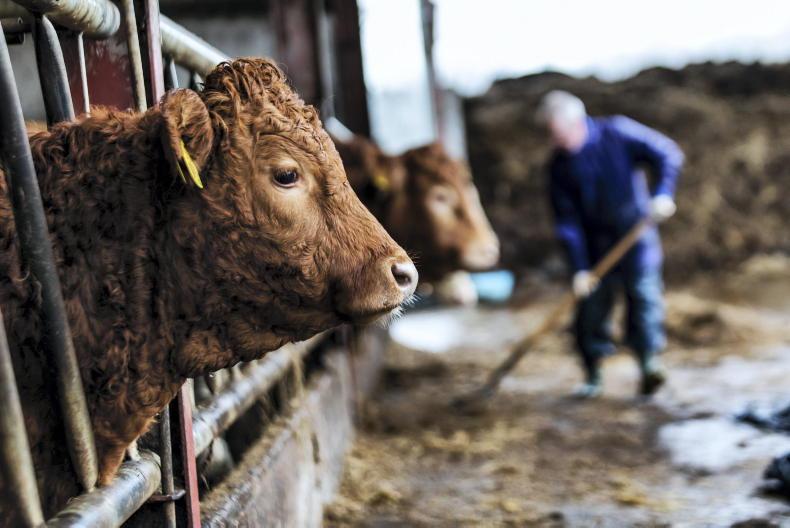

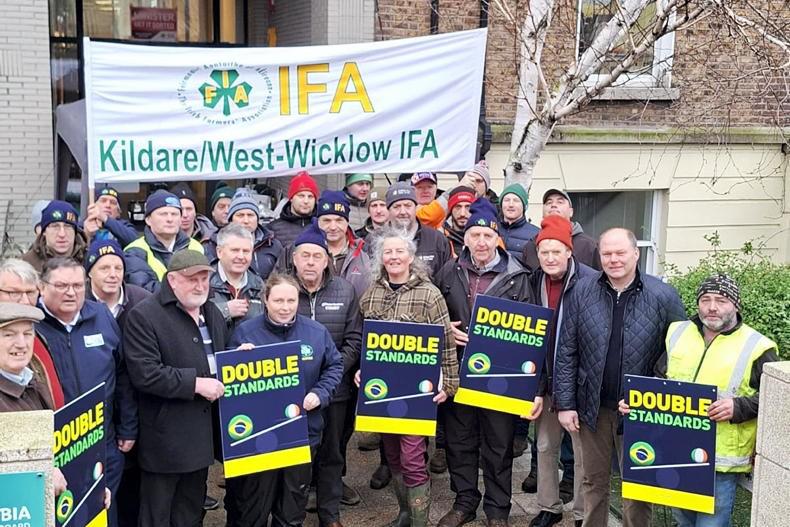
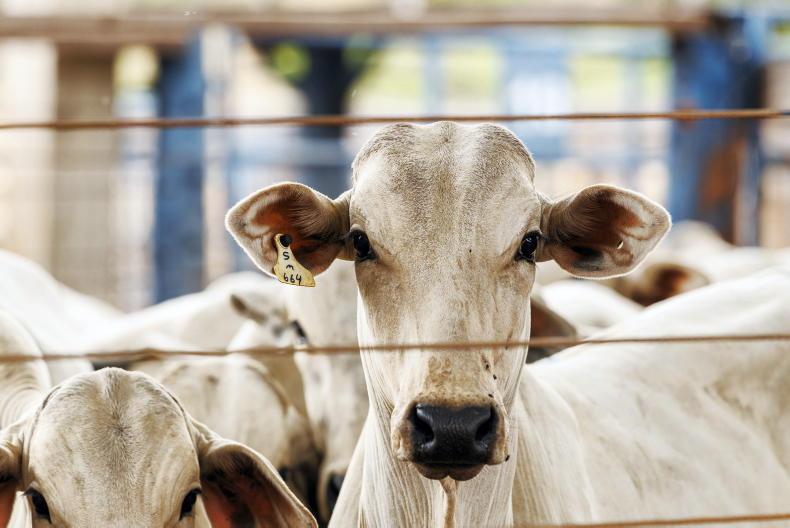
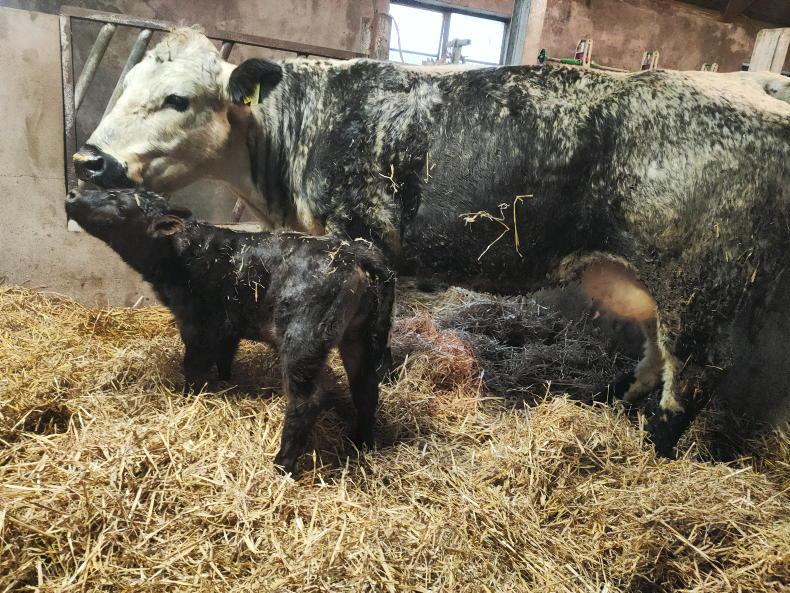
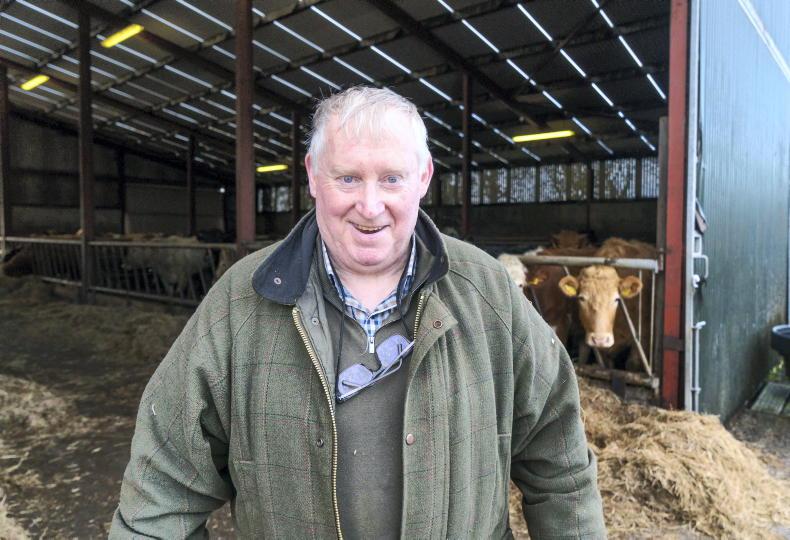
SHARING OPTIONS